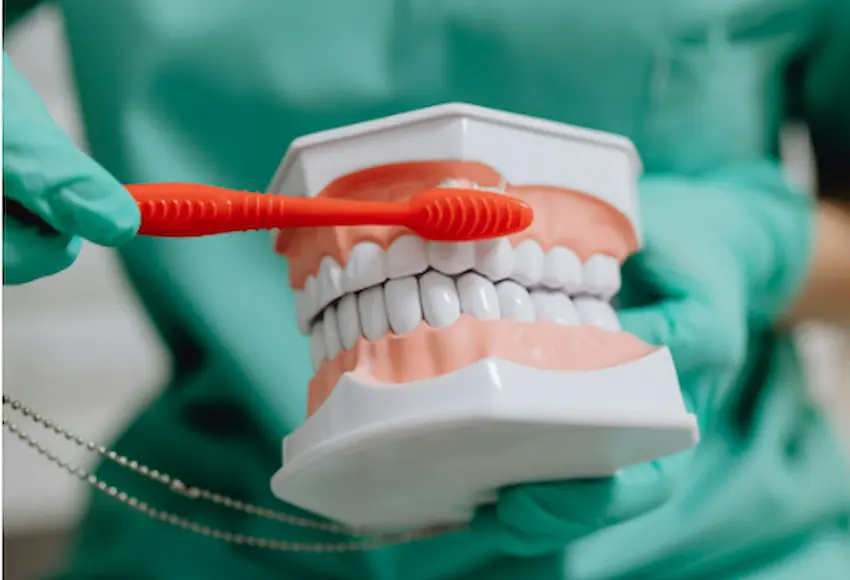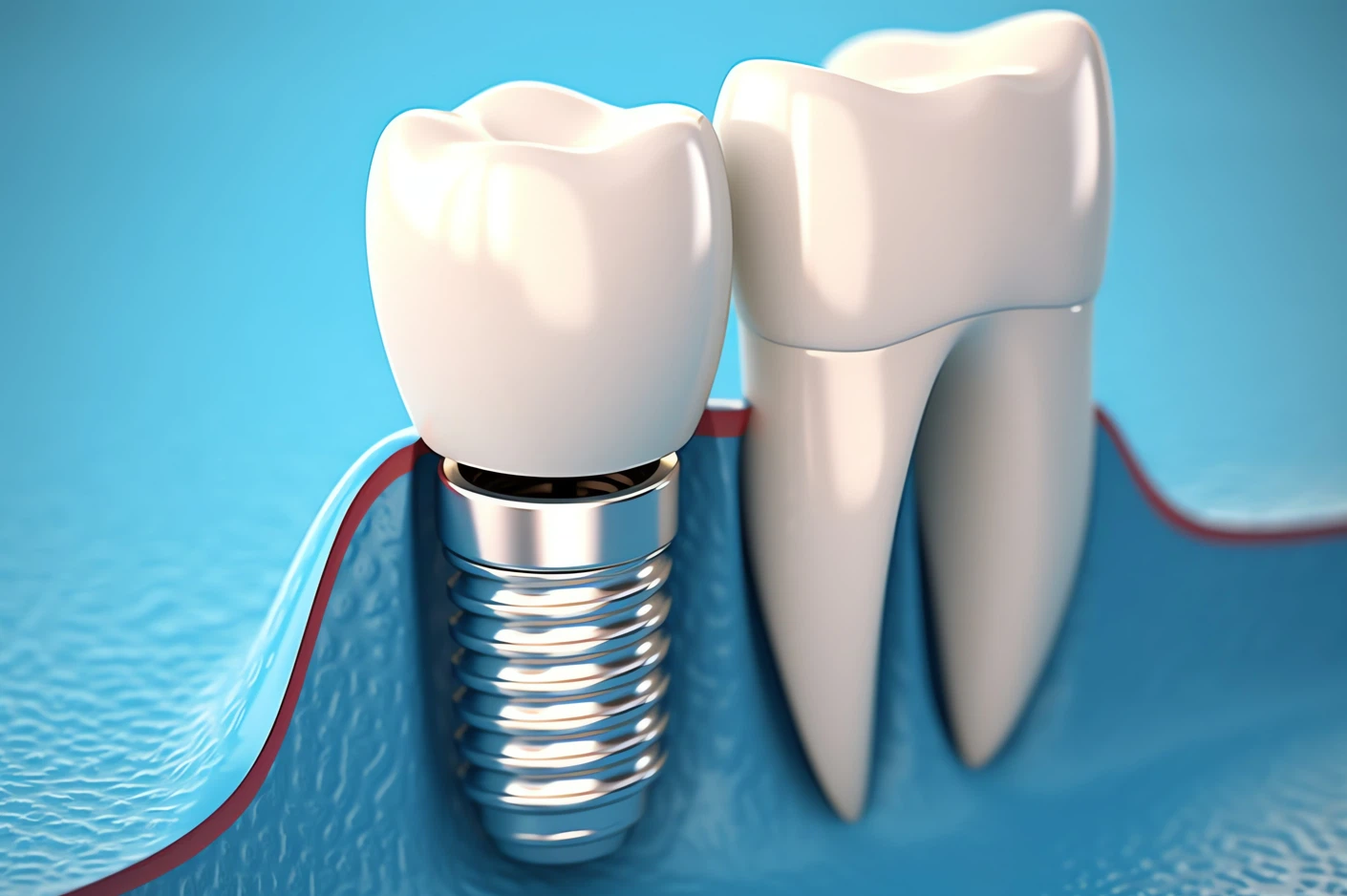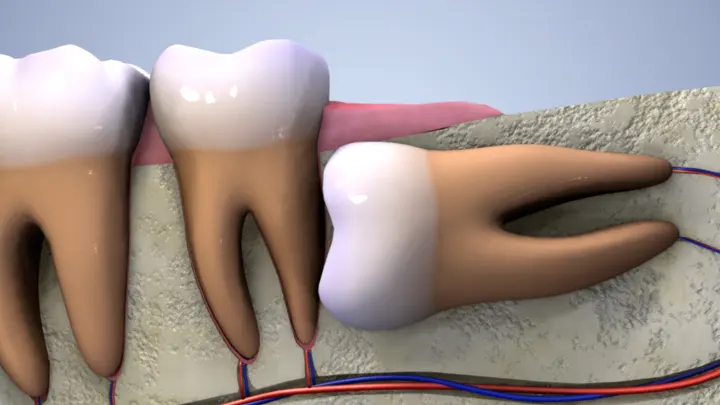🦷Teeth Bonding Vs Veneers: Which One To Choose?
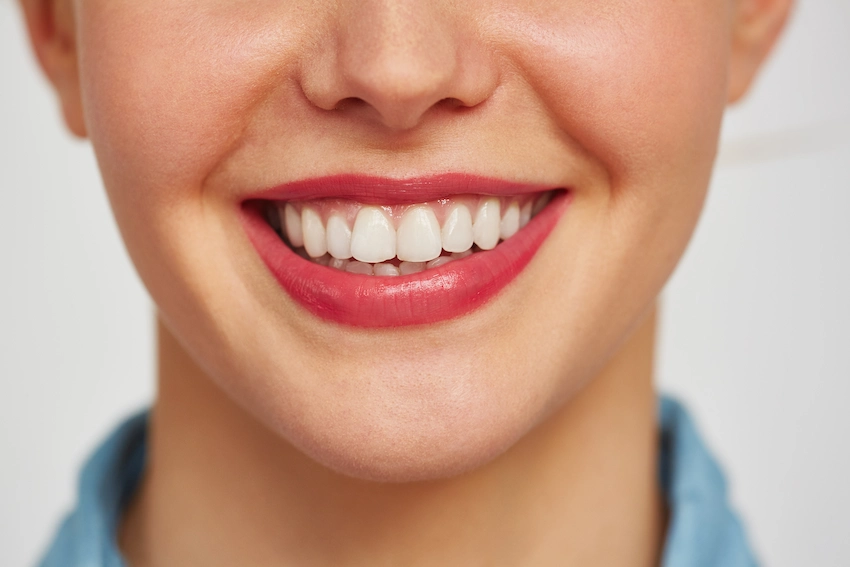
If you have minor imperfections, teeth bonding is a fast resolution for them; dental veneers, on the other hand, can offer you a sturdier aesthetic solution for a complete smile makeover. Your decision should be a wise one! When it comes to obtaining a sparkling smile, two popular cosmetic dentistry options often take the limelight: teeth bonding and veneers. Both treatments promise aesthetic enhancement, but is there a clear winner? Discover the specifics of each procedure and thus learn which one is best for you and your dental health, and the way you live your life.
Teeth Bonding Vs Veneers – The Key Distinctions
Teeth bonding and veneers are cosmetic dental techniques that aim at teeth improvement and are considered two of the most popular ones. However, they are not similar at all. Teeth bonding takes a colored resin that is added to the place where a chip, a crack, or discoloration is found, so it is one way of performing a tooth repair. This process is generally completed rapidly, say, in one visit, and only a small amount of tooth material is removed. On the other hand, porcelain and other materials are typically used in veneers to make thin shells that are placed on the front surface of the teeth. The most desirable quality of veneers is that they are resistant to wear and last exquisitely for years, but this involves dental work that usually spans over a few visits, and with a good amount of the tooth tissue being lost. At the end of the day, your decision either for bonding or veneers will be determined by personal dental problems and the results you have predefined.
Cost Comparison: Teeth Bonding Vs Veneers
When looking into having dental work done, you would take the price into account. These are the dental procedures that cost-effectiveness is all about:
- Teeth Bonding: The amount for this dental work is generally less when compared to veneers, and it varies between $300 and $600 for one tooth. But the durability of the bonding may result in the need for some touch-ups or replacements in the future, which will be extra costs for the patient.
- Veneers: Due to the quality of materials and the accurate fitting process, veneers are usually quite expensive and start at $800 but can go as high as $2,500 per tooth. Nonetheless, while the initial cost is high, the strength and the long life of the veneers are strong points, which can be a source of savings in the long run as well.

To sum up, even though teeth bonding is the more reasonably priced and faster way, if you opt for veneers, you will get a result that can withstand wear and tear and last for many years, thus, the best investment in a smile makeover.
Procedure Process: Bonding Vs Veneers
When thinking about various smile makeover options, knowing how the teeth bonding and veneers procedures work is important. Both techniques are for the purpose of improving the aesthetics of one’s teeth, but they are implemented differently. Below, you can find out in more detail the difference in techniques involved in each choice.
| Aspect | Bonding | Veneers |
| Preparation | There is no need for extensive tooth preparation, and only simple cleaning is required. | The application of veneers involves the removal of some of the enamel, which is necessary for a proper fit. |
| Materials Used | A composite resin is directly put onto the tooth. | Porcelain or ceramic material is being used and custom-made to perfectly fit the tooth. |
| Application Time | In most cases, it is finished in a single appointment, which lasts 30-60 minutes. | It requires several visits; the first appointment is for the initial consultation, and the last one for fitting of the veneer. |
| Aesthetic Result | Gives an appearance like natural teeth; small defects can be covered. | It presents the user with a much smoother and stronger surface; it is the most suitable choice for severe problems. |
Durability and Longevity: Bonding Vs Veneers
Both endurance and permanence play a crucial role in the choice between bonding and veneers. The lifespan and the care of the case of each option are the determinants of your decision.
| Aspect | Bonding | Veneers |
| Average Lifespan | Normally, if you take good care of them, they will last not least 3-10 years. | May remain for 10-15 years and even longer without much wearing off. |
| Resistance to Staining | Quite likely to have stains; this would necessitate frequent upkeep. | Very low chances of getting a dirty mark; the color will still be as new all the time. |
| Repairability | Whenever it is damaged, you are able to fix it with no problem. | At the time that is damaged, it might mean ending its life, and the chances of repair are very few. |
| Daily Care | Just brush your teeth as usual, but be watchful not to bite on hard things. | The veneers should be brushed and flossed every day in the same manner as natural teeth |
Aesthetics and Natural Look: Veneers Vs Bonding

Around the matter of brightening your smile, both veneers and bonding are ideal to opt for. Veneers are custom-manufactured thin layers of porcelain or composite resin that are affixed to the front surface of the teeth. These veneers look natural and can cover the teeth defects that may come with such problems as discolouration, chips, or spaces quite adequately. On the other hand, dental bonding requires the dentist to coat the tooth with a tooth-coloured resin and shape it by polishing so that it becomes a pure white surface. Bonding can have a positive impact on the look of your teeth as well as veneers, and still, veneers will probably most often give a totally natural and more wear-resistant finish that is less prone to stain and thus be the preferred choice, because of that, their performance in many patients was much better.
Maintenance and Care: Veneers Vs Bonding
Both bonding and veneers must be taken care of properly to last long and guarantee the best outcome. Below you will find methods of maintenance for each:
Veneers:
- Use a non-abrasive toothpaste and brush your teeth twice a day.
- Toothpaste and dental floss should be used for the teeth and the contact with the veneers each time you get on and go to bed.
- Avoid foods that will make you can it or break it, such as hard foods.
- It is good to see your dentist for regular dental appointments to keep an eye on your veneers and ensure they are in good condition.
Bonding:
- The first thing is not to forget about regular oral health care by keeping the teeth clean, and following it up with dental flossing for the best desired results, irrespective of bonding or veneers.
- Probably the most important of all: do not break your dental bonding by taking caution as a strategy for it and being careful; otherwise, only minimal repair would be required from time to time.
- Things such as picking your nail or using your teeth to open the packaging can lead to the bond’s lifetime, and that’s pretty much it; you can go without any practices that bring harm to your teeth.
- Please, dentists, for advice if and when necessary, are not what you should miss from your list; also, if the particular bonding you have wears or changes color, together, you need to treat it immediately and follow the prescribed medication.
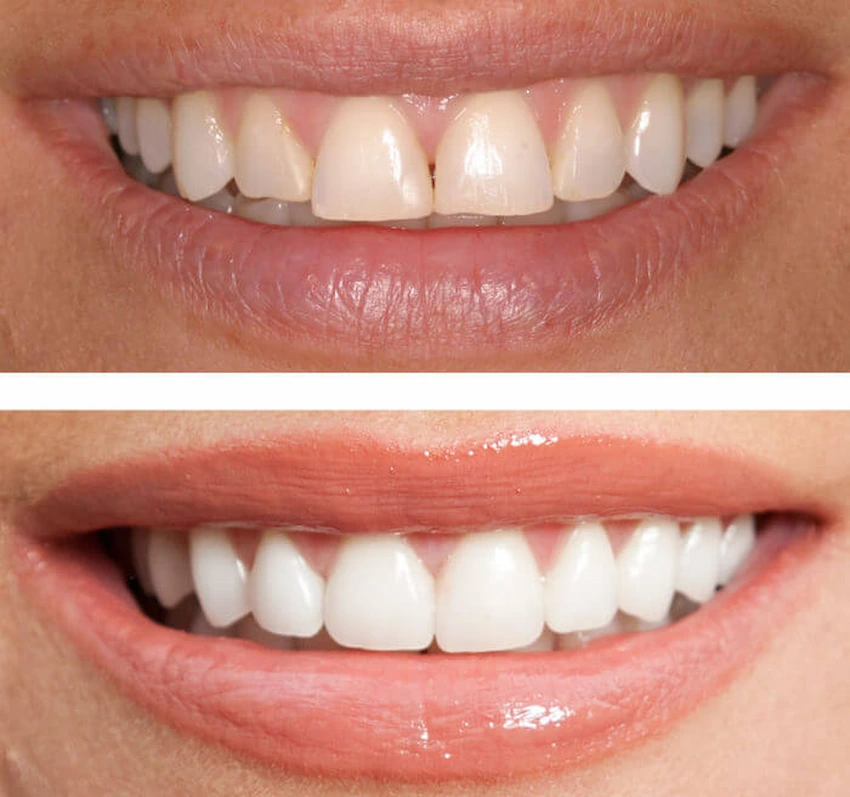
Having said that, the upkeep of the different care requirements of both veneers and bonding necessitates that the patient is very consistent in maintenance. The specific care needs of these cosmetic options help the patient to make the correct choice based on their lifestyle and also on the aesthetic goal mentioned in the treatment plan.
FAQ: Teeth Bonding Vs Veneers: Which One To Choose?
Teeth bonding is a cosmetic dental procedure where a tooth-colored resin is applied to the surface of a tooth to improve its appearance, shape, or alignment. It is often used to repair chipped or cracked teeth, close gaps, or change the color of teeth.
Veneers are thin, custom-made shells typically made of porcelain or composite resin that are designed to cover the front surface of teeth. They are used to enhance the appearance of teeth by improving their color, shape, size, or length.
The main differences include the material used, the durability, and the application process. Bonding usually involves a composite resin that can be applied in one visit and is less expensive, while veneers are more durable, require more preparation, and usually take at least two visits to complete.
Veneers generally last longer than bonding. While bonding can last anywhere from 3 to 10 years with proper care, veneers can last 10 to 15 years or more, depending on the type of material used and oral hygiene practices.
The best option depends on your specific dental needs and budget. If you have minor chips or gaps, bonding might be sufficient. However, if you are looking for a more comprehensive solution for significant cosmetic changes, veneers may be a better choice. It’s best to consult with a dentist to determine the most suitable option for you.
